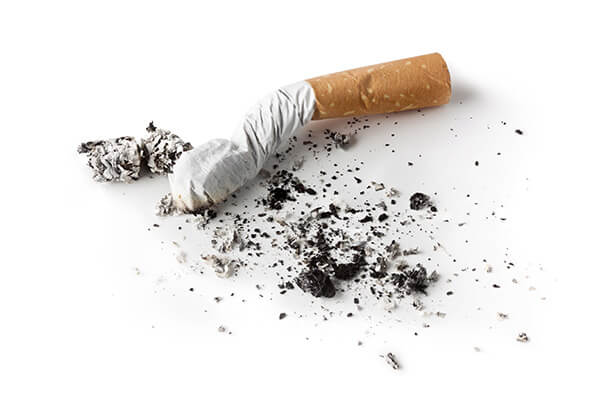Not all individuals age at the same rate even though they may have the same chronological age. Genetics and lifestyle are fundamental factors that affect your biological age. However, there are steps you can take to age healthily.
What is chronological aging?
Your chronological age is the amount of time in terms of years, months, days, etc that has passed from your birth to a given date, and is always increasing at a set rate as the years go by. This is the primary way people define their age.
What is biological aging?
Biological aging occurs as you gradually accumulate damage to various cells and tissues in your body over time. But your biological age also depends on a number of variables that can change on a continuing basis including genetics, lifestyle, nutrition, diseases and other conditions. Therefore, it is important to identify molecular markers (other than chronological age) that can estimate the degree of aging. This information is useful for health professionals and individuals alike to anticipate premature development of age-related issues and to try to consider changes in lifestyle.
How is biological age calculated?
Firstly, telomere analysis is done by saliva test to measure telomere length. Then, biological age can be calculated using a mathematical formula which takes into consideration the individual’s chronological age group, which is then weighted by their telomere length results.
Why do I need to know my biological age?
Firstly, it is an excellent indicator of an individuals overall general health status. Secondly, knowing our biological age permits us to obtain a better understanding of the lifestyle habits that impact aging and affords us the opportunity to make appropriate changes. Thirdly, with telomere analysis technology, periodic re-testing of telomere length can measure the results of any lifestyle changes. This will allow for more personalized medicine as doctors treat patients increasingly taking into consideration their biological age.


What are the factors that affect my biological age and the length of my telomeres?
Genetics and lifestyle are fundamental factors that affect telomere length and the rate at which they shorten. Though there is little we can do about our genes, we can take steps to maintain a healthy lifestyle.
Certain life habits such as smoking, excessive alcohol, obesity and psychological stress have been significantly associated with having shorter telomeres and therefore impacting biological age. These conditions increase oxidative stress and inflammation which, in turn, contribute to higher rates of telomere attrition throughout life.
Other factors such as diet, exercise and sleep are also believed to impact biological aging.
How can I age healthily?
Although telomere rejuvenation can have a remarkable impact in reducing your biological age, the importance of looking after your health cannot be over stated. Poor lifestyle habits can often undo any benefit from telomerase enhancing therapies or supplements. Here is a brief summary of the ways you can age healthily:
- Exercise or engage in physical activity
- Maintain a healthy weight
- Eat nutritious foods and avoid fast foods
- Drink less alcohol and avoid smoking
- Get a good night’s sleep
- Go to your doctor regularly
- Stay socially active
- Use stress management techniques
For more detail you can read this article about healthy aging from the National Institute on Aging.
With the right lifestyle changes you can have a younger biological age than your chronological age. Telomere rejuvenation can further increase the difference between the two.
With the right lifestyle changes you can have a younger biological age than your chronological age. Telomere rejuvenation can further increase the difference between the two.
